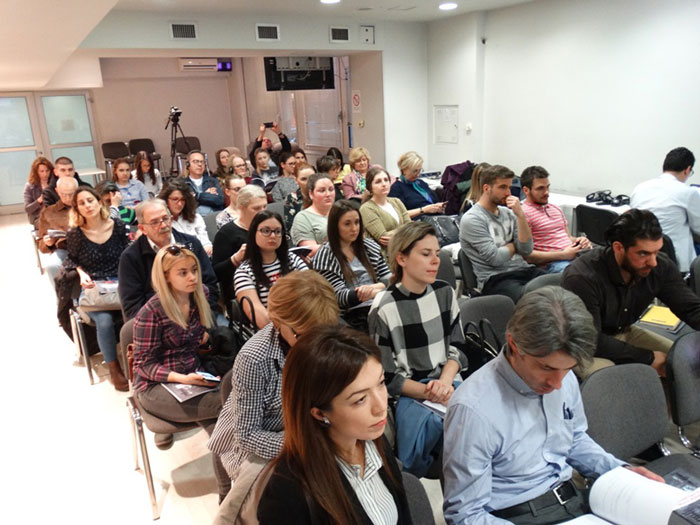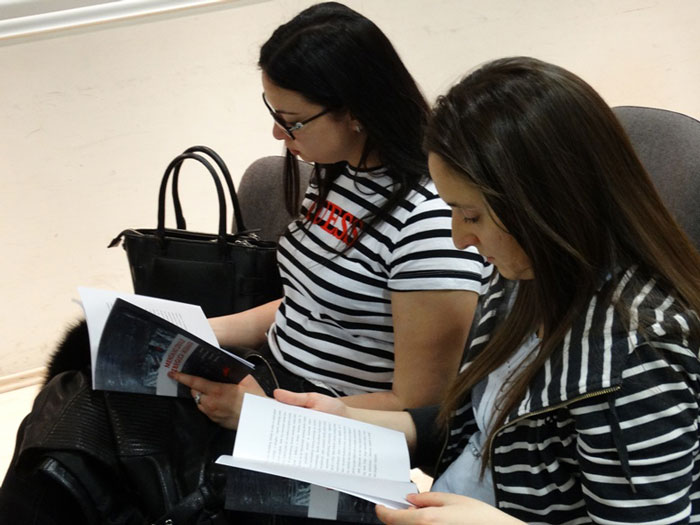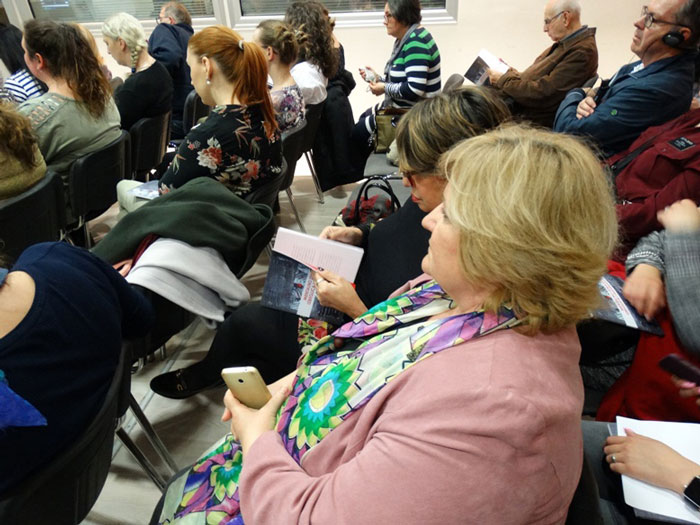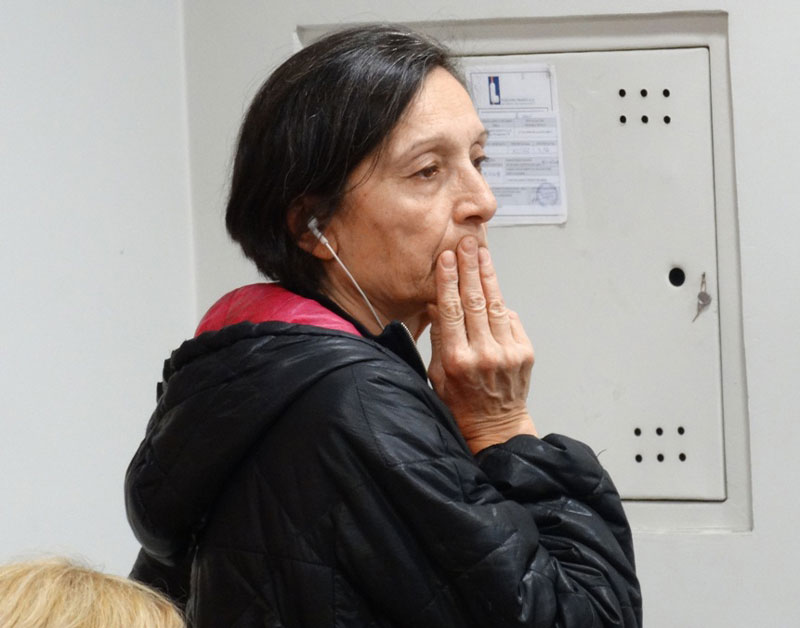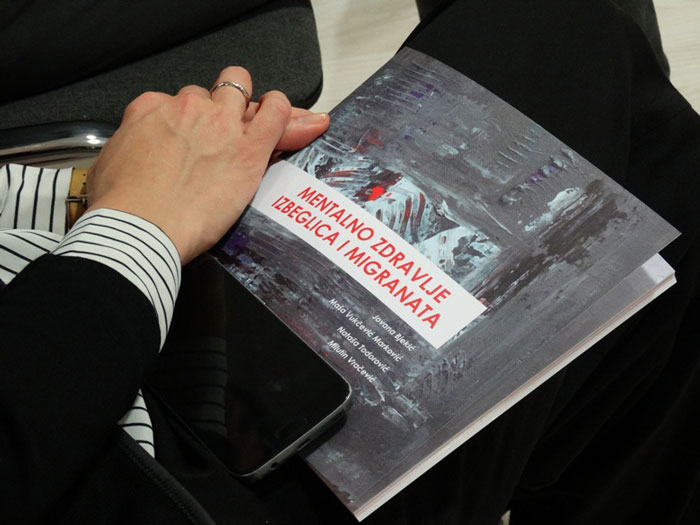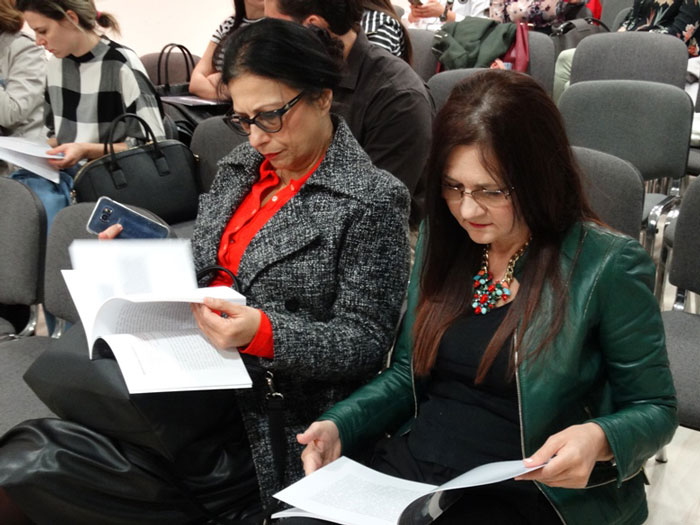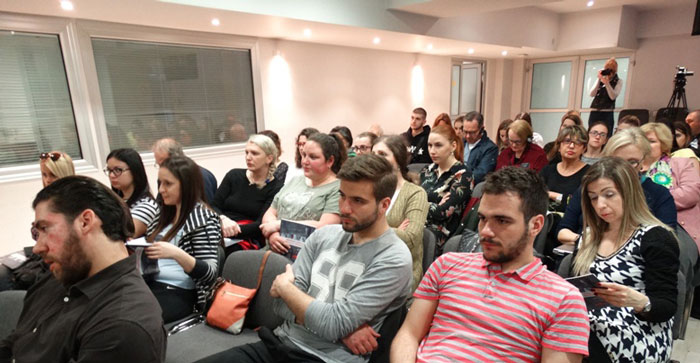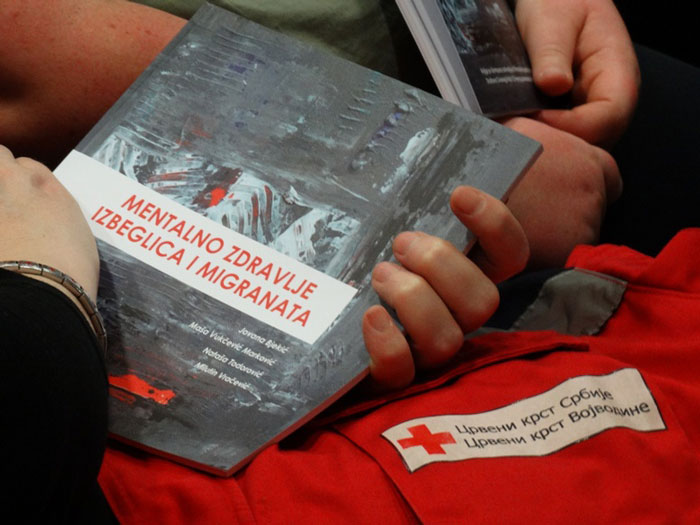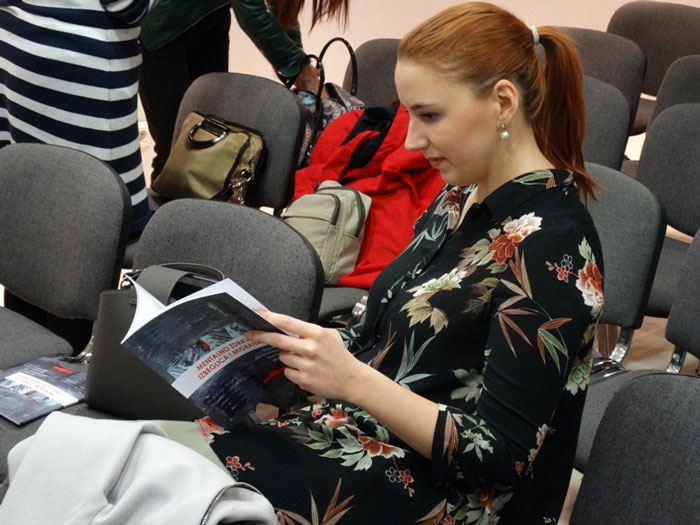Mental Health of Refugees and Migrants

On Thursday 18 April at the Media Centre, Belgrade a public presentation was organised of the results of a research on Mental Health of Refugees and Migrants. The research was conducted by the Red Cross of Serbia in partnership with Psychosocial Innovation Network (PIN) with financial support provided by International Federation of Red Cross and Red Crescent Societies (IFRC) and the Norwegian Red Cross.
Speakers at the press conference included Ljubomir Miladinovic, Secretary General of the Red Cross of Serbia, Alvaro Carmona Corrales (IFRC), Jovana Bjekic, PhD psychologist (PIN) and Natasa Todorovic, psychologist, Red Cross of Serbia.
Mental health issues and disorders are one of the leading public health problems worldwide and refugees and migrants are an especially vulnerable group in this regard.
Red Cross of Serbia Secretary General spoke about many years of experience that the National Society has in providing psychosocial support services and that this kind of support is important for building resilience of individuals, families and communities. As part of the activities and programmes targeting refugees and migrants the Red Cross of Serbia conducted initial assessment of mental health in order to identify those beneficiaries who need additional support, as well as to adapt the programmes to population indicators on psychological vulnerability of beneficiaries at different locations across Serbia.
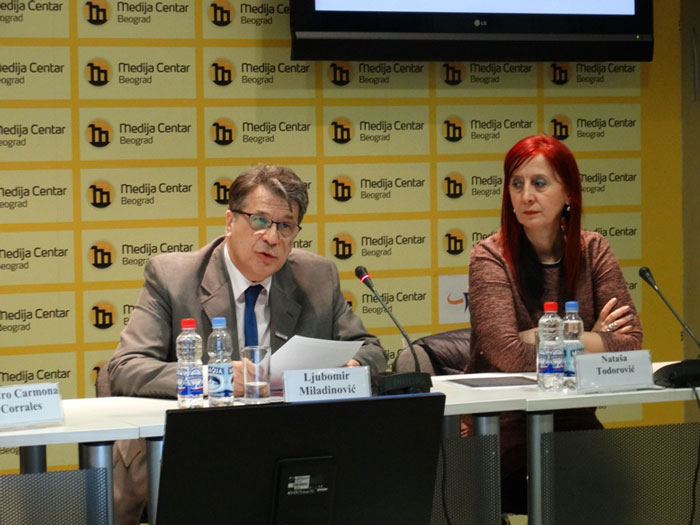

The Federation representative, Mr. Alvaro Carmona Corrales talked about the significance of the Red Cross work in this field.
Ms. Jovana Bjekic of PIN presented the data collected in the period between December 2018 and February 2019 using the sample of more than 200 beneficiaries and the data shows that 72.5% of refugees and migrants is psychologically vulnerable with the most frequent issues being the symptoms of post-traumatic stress disorder (14.2%), depression (28.6%) and anxiety (18.9%) with 48% displaying signs of acute anxiety and other psychological issues.
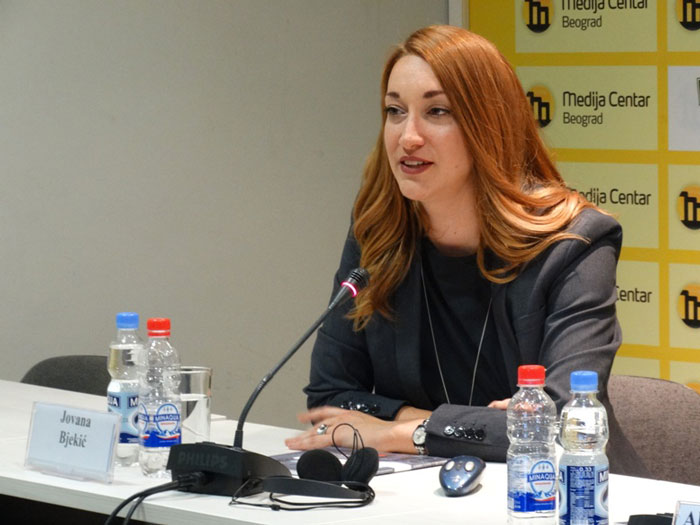
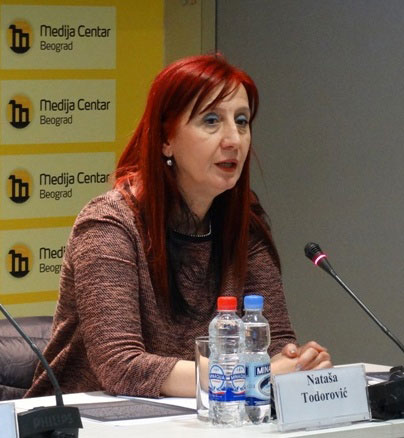
Ms. Natasa Todorovic, the Red Cross of Serbia expert, presented the recommendations for improving mental health of refugees and migrants and the ways the Red Cross can use its global network for advocacy. In order to make advocacy successful it is necessary to regularly collect data on mental health and well-being of refugees and migrants, as well as to include them in implementation and designing psychosocial activities.
